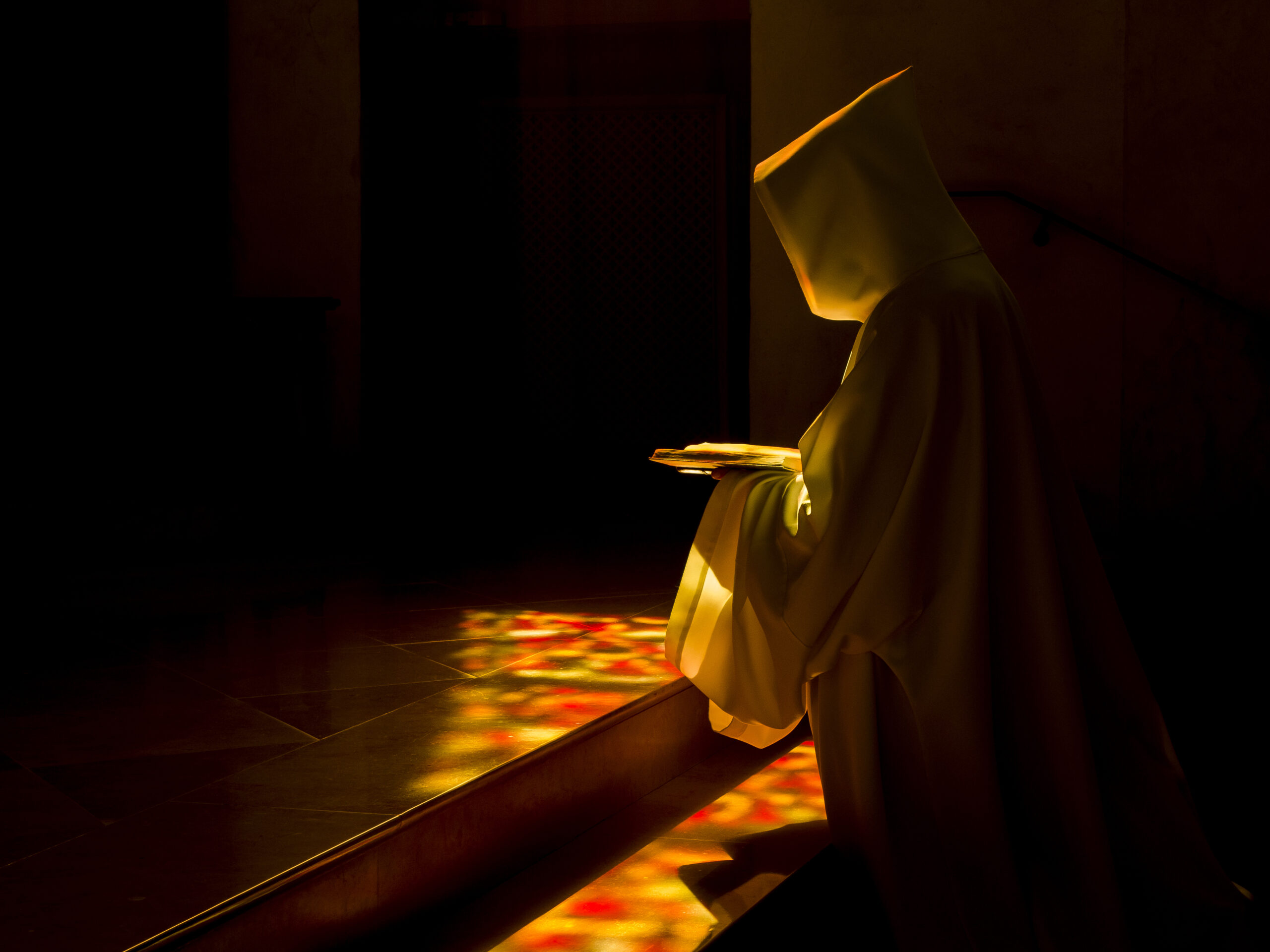Where things left off in last week’s Gospel – Jesus’ teaching on the cost of discipleship, taking up our cross, renouncing possessions and our usual family ties – it would be understandable to leave church thinking, wow, this is pretty heavy, I’ve still got lots of work to do, or, I can’t do it, this must be for someone else.
But this demanding discipleship has another side, an opening to something wider and wondrous, and today’s Gospel invites us to consider part of that.
To do so, first, we can’t take for granted that we have the capacity to appreciate something wider and wondrous. The Franciscan theologian and author Richard Rohr says that, generally, religion can be either “Clean Up” or “Wake Up.”
What does Clean Up religious practice look like? Meeting requirements and obligations, keeping the faith, checking boxes, trying to be right, and so on.
What does Wake Up religious practice look like? Ever-increasing consciousness, trying to be connected to God and others at ever deeper and wider levels, being more and more unattached.
Now, there’s no absolute one or the other, all of us are probably at least a little of one or the other, but there’s probably a pretty clear way we lean, too, either Clean Up or Wake Up.
Today’s parables are especially rewarding for those who prefer to be awakened in their practice. Unlikely discoveries, counter-intuitive responses by the main characters, life-changing consequences.
The forgiveness displayed in the Parable of the Prodigal son alone, seems to have a newness and spaciousness to it. I would hope when we look at the father, we can say, “I want to be like that.” When we look at the prodigal son, we can say, “There’s hope for me.” And, if we relate to the resentful older son, that might mean we practice “Clean Up” religion. The scribes and pharisees, despite their other good qualities, could never quite break out of their “Clean Up” ways, and they never understood Jesus’ “Wake Up” ways.
Father Rohr says, “Forgiveness might just be the very best description of what God’s goodness engenders in humanity.”
These last two Sundays give us a good opportunity to review both sides of discipleship – its cost and its promise – and since it’s back-to-school time around here, it’s a good time to get back to discipleship school, to renew and deepen our discipleship in Christ, to experience it more deeply and share it with others.

